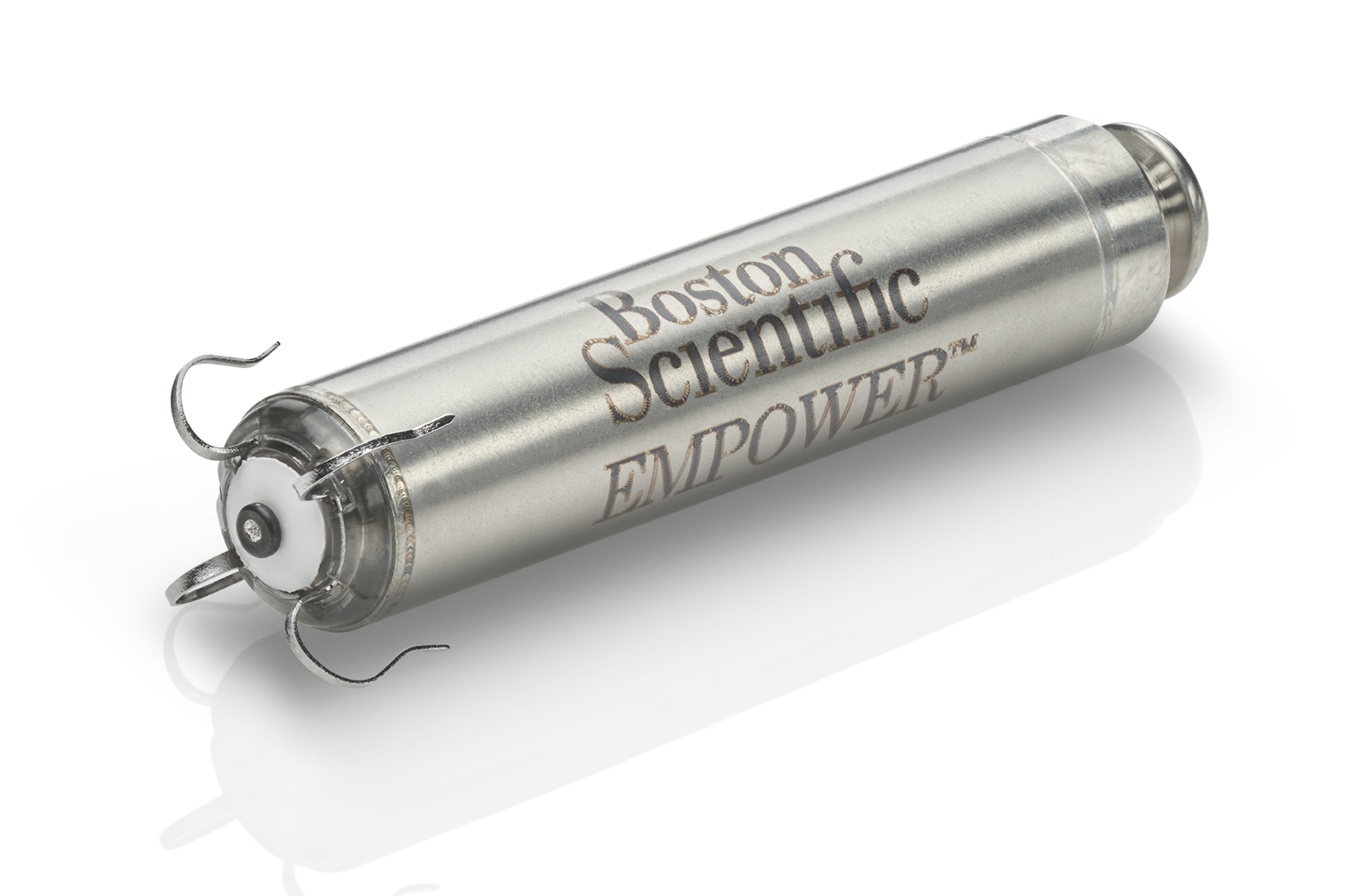Patient first in UK to have leadless pacemaker fitted in one-hour procedure
Retired policeman David Mills, 56, had the device fitted at the at University Hospital Southampton.

Your support helps us to tell the story
From reproductive rights to climate change to Big Tech, The Independent is on the ground when the story is developing. Whether it's investigating the financials of Elon Musk's pro-Trump PAC or producing our latest documentary, 'The A Word', which shines a light on the American women fighting for reproductive rights, we know how important it is to parse out the facts from the messaging.
At such a critical moment in US history, we need reporters on the ground. Your donation allows us to keep sending journalists to speak to both sides of the story.
The Independent is trusted by Americans across the entire political spectrum. And unlike many other quality news outlets, we choose not to lock Americans out of our reporting and analysis with paywalls. We believe quality journalism should be available to everyone, paid for by those who can afford it.
Your support makes all the difference.A retired policeman has become the first in the UK to have a new leadless pacemaker defibrillator system implanted which is designed for patients at risk of sudden cardiac arrest.
David Mills, 56, from Southampton, Hampshire, had the subcutaneous implantable cardioverter-defibrillator (S-ICD) and the new leadless pacemaker known as EMPOWER fitted at University Hospital Southampton (UHS).
The combined devices, known as the modular Cardiac Rhythm Management (mCRM) Therapy System, work together to prevent sudden cardiac arrest if a life-threatening abnormal heart rhythm (arrhythmia) is detected.
A UHS spokeswoman said: “Pacemakers provide electrical stimulation to regulate a patient’s heartbeat while an S-ICD is implanted to constantly monitor the patient’s heart rhythm.
“The system uses pacing in the first instance via a new leadless pacemaker which sends painless electrical signals to correct the heart of the abnormal rhythm.
“It will then use shock therapy from the S-ICD only if required as this can be more painful and traumatic for patients.”
Professor Paul Roberts, consultant cardiologist at UHS, said: “This first in the UK implant of a leadless pacemaker combined with a defibrillator that is able to deliver pacing to stop life-threatening heart rhythms prior to the need for shock treatment represents a major advance in treatment for patients.
“Previously, patients implanted with only an S-ICD will not have had the advantage of pacing or may have been offered a replacement transvenous device which can pace first and then shock but will have carried the associated risks of leads in the heart – movement, fracture, infection – as well as more invasive surgery.
“The mCRM Therapy System will benefit a much larger patient population and enable the majority of lethal arrhythmias to be painlessly terminated without long-term risks associated with both shocks and conventional pacemakers.”
Mr Mills said: “I feel very honoured to be part of this clinical trial and to be the first person in the UK to have the device implanted as it has given me the confidence to carry on a normal life.
“I hope the results of this trial will help to provide important insights so that soon more people can benefit.”
Certain types of arrhythmia occur in people with severe heart conditions and can cause sudden cardiac death with more than 30,000 out-of hospital arrests occuring each year in the UK with just one in 10 people surviving.
Traditional pacemakers are inserted under the skin via an incision in the chest and are connected to the heart via a lead threaded through the blood vessels, but this procedure can lead to complications such as infections, obstruction of blood vessels and occasionally faults in the leads.
With the new trial system, the leadless device is placed inside the wall of the heart via a small tube passed up through a blood vessel in the groin in a procedure which takes just one hour using keyhole surgery.
The clinical trial, sponsored by manufacturer Boston Scientific, will enrol up to 300 patients across 50 centres in Europe, the US and Canada.